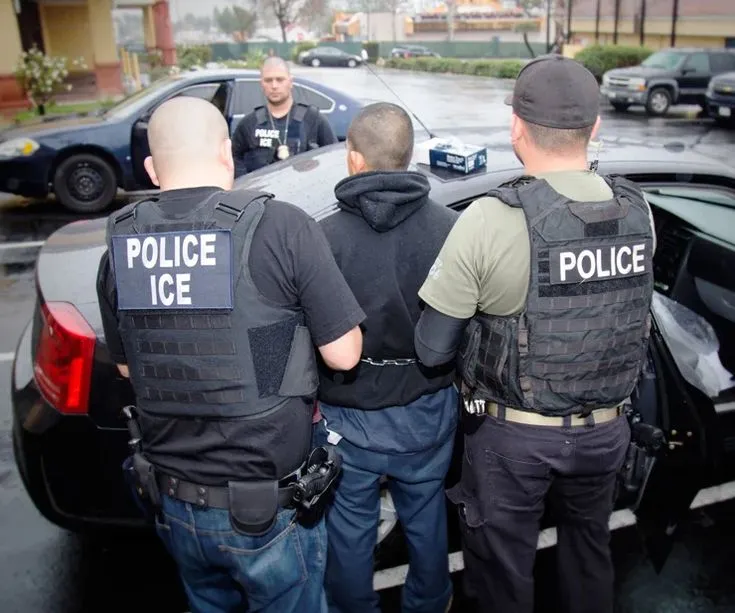In a major effort to combat smuggling, federal officials have arrested eight individuals involved in illegally importing counterfeit and unauthorized goods worth over $200 million from China. This sophisticated operation exploited weaknesses in the U.S. supply chain and highlighted ongoing concerns about the infiltration of counterfeit products into the market.
The smuggling ring took advantage of the high volume of shipments passing through the Ports of Los Angeles and Long Beach, the busiest entry points for goods into the U.S. Those arrested include warehouse owners, truck drivers, and logistics professionals who allegedly worked together to bypass customs regulations. The smuggled products ranged from counterfeit luxury goods to electronics and other items that failed to meet U.S. safety standards, creating potential hazards for consumers.

Investigators revealed that the suspects used fake paperwork and fraudulent shipping records to evade detection. By removing legally imported goods from containers and replacing them with counterfeit items before resealing them, they successfully deceived customs officials for years. This allowed the illegal products to reach their destinations undetected.
The operation was uncovered after months of surveillance by U.S. Customs and Border Protection (CBP) and Homeland Security Investigations (HSI). During multiple search warrants executed across Southern California, authorities confiscated millions of dollars’ worth of counterfeit goods and froze bank accounts linked to the smuggling network.
John Doe, Special Agent in Charge of HSI Los Angeles, emphasized the seriousness of the case, stating that the individuals involved not only broke trade laws but also put American consumers at risk. He explained that counterfeit goods can be dangerous, as they often fail to meet safety standards, and their sale supports criminal enterprises.

While eight suspects have been taken into custody, one of the primary orchestrators of the smuggling ring remains at large. Federal officials believe the individual is in China and are working with international law enforcement agencies to secure their extradition. The arrested individuals face multiple charges, including conspiracy and smuggling, and could receive long prison sentences if convicted.
The Ports of Los Angeles and Long Beach process nearly 40% of all containerized goods entering the U.S., making them a prime target for smuggling operations. Despite enhanced security measures in recent years, cases like this highlight the difficulty of fully securing the nation’s ports from illegal activities.
Consumer protection advocates warn that counterfeit goods continue to be a significant problem. Jane Smith, spokesperson for the Coalition Against Counterfeit Goods, noted that fake products not only harm legitimate businesses but also pose serious risks to consumers. She stressed the need for stronger enforcement and greater public awareness to combat the issue effectively.
Federal officials are urging businesses and consumers to remain cautious and report suspicious activity related to counterfeit goods. This case underscores the global nature of organized smuggling networks and the importance of international cooperation in preventing the illegal importation of goods. While the arrests represent a major success in the fight against counterfeit trade, authorities acknowledge that much more remains to be done.


